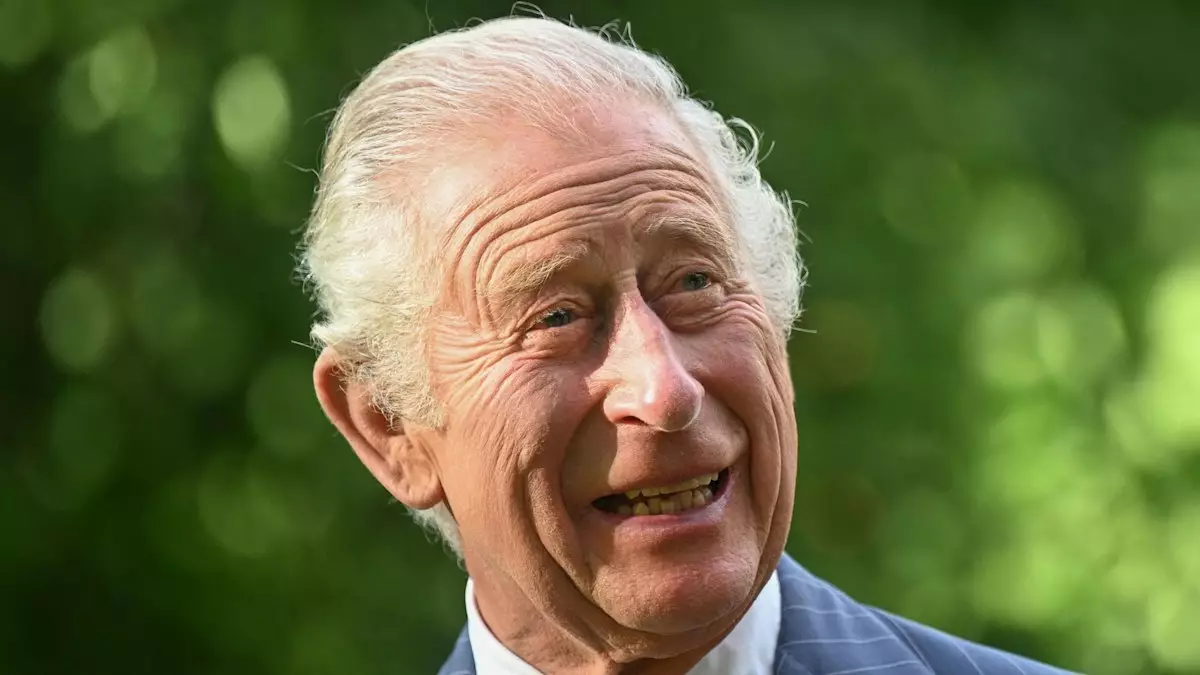Long before ascending the throne, King Charles has consistently stood out as an unconventional figure within the traditional royal family. His progressive environmental ethos has frequently placed him at odds with mainstream practices and opinions, especially in agriculture. One of the most notable examples of his pioneering vision was his early adoption of organic farming at Highgrove House in Gloucestershire. At a time when most of the agricultural industry embraced intensive chemical usage, Charles advocated for organic methods—a stance that attracted ridicule and was dismissed by many as naïve or eccentric. Yet, what once seemed like radical idealism has now become mainstream, not just in the UK but globally. His concerns about antibiotic overuse and chemical resistance have proved prescient, underscoring his role as a forward-thinking environmentalist well ahead of his time.
An Early Voice Against Pollution and Waste
King Charles’s commitment to environmental issues extends far beyond farming. Remarkably, even at the age of 21, he was vocal about the dangers of industrial pollution, plastic waste, and chemical contamination of waterways. These warnings were initially brushed off as eccentric or prematurely alarmist. His early efforts, such as the installation of a reed-bed sewage treatment system at Highgrove, were met with skepticism and ridicule by contemporaries who viewed such innovations as impractical or even “mad.” However, these systems are now recognized for their ecological benefits and are increasingly used as sustainable wastewater solutions. This trajectory from dismissal to acceptance illustrates a pattern: Charles’s ideas often challenge the status quo but eventually catalyze meaningful change.
Innovating with Sustainable Technology
King Charles’s environmental dedication is also evident in his embrace of sustainable transport. Long known for his affection for cars, he has not shied away from modernizing his collection to reduce environmental impact. The conversion of his Aston Martin to run on biofuel—a unique blend of English white wine and cheese whey—reflects his creative approach to sustainability. More recently, his adoption of a high-end electric BMW signals a continued commitment to reducing carbon emissions, even within the royal household. These choices, though perhaps symbolic to some, demonstrate a willingness to adapt and lead by example, underscoring the practical steps individuals in positions of influence can take towards sustainability.
Embracing the Interconnectedness of Nature
Beyond practical environmental measures, King Charles has long demonstrated a deep, almost spiritual, connection with the natural world. His habit of speaking to plants, once a subject of public mockery, finds surprising support in contemporary science. Recent discoveries featured in acclaimed media, such as BBC’s “The Green Planet,” reveal that plants engage in complex communication and interaction. By openly discussing his botanical interactions, Charles inadvertently anticipated these scientific insights, further cementing his reputation as a visionary who integrates empirical knowledge with intuitive understanding. This respect for nature as a living, communicative entity contributes to a more holistic environmental philosophy, contrasting sharply with the often mechanistic approach of modern environmentalism.
Challenging Royal Conventions for a Sustainable Future
What distinguishes King Charles is not only his environmental advocacy but also his consistent readiness to diverge from royal traditions and public expectations. His environmentalism has not merely been symbolic; it has involved concrete actions that sometimes challenge the norms of royal conduct. His approach—from organic farming and innovative sewage systems to sustainable vehicles and ecological consciousness—signals a broader philosophy that places responsibility to the planet at the heart of leadership. This willingness to embrace unorthodox paths, combined with a long-term vision, positions him less as a traditional monarch and more as a committed environmental innovator.
In a world grappling with escalating ecological crises, King Charles’s steadfast dedication to sustainability represents more than personal preference—it serves as a model for proactive stewardship. Despite the initial mockery and ongoing challenges, his pioneering efforts over decades have contributed to significant shifts in both public attitudes and practical policies regarding environmental care. While not without critics, there is no denying that his legacy will likely be defined by his bold commitment to safeguarding the natural world for future generations.

